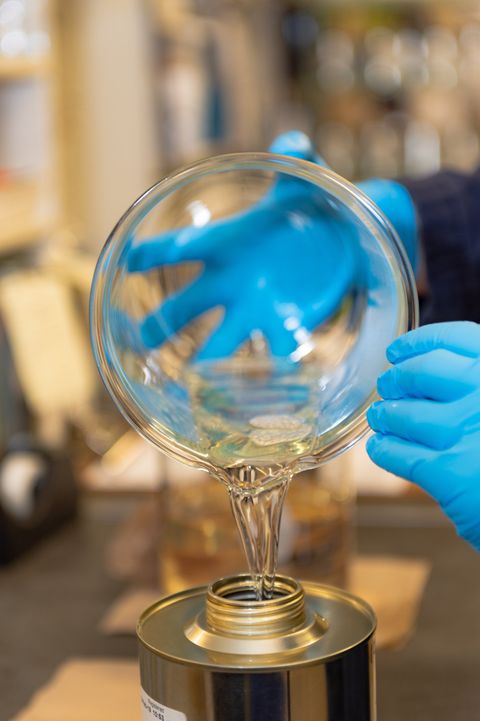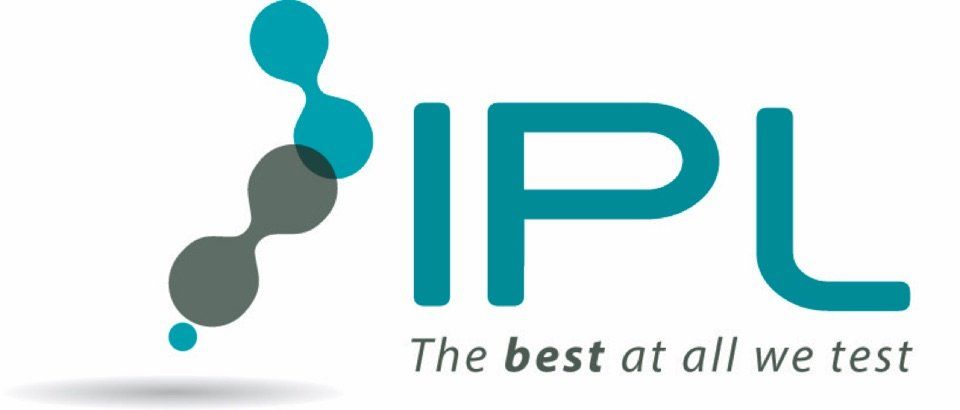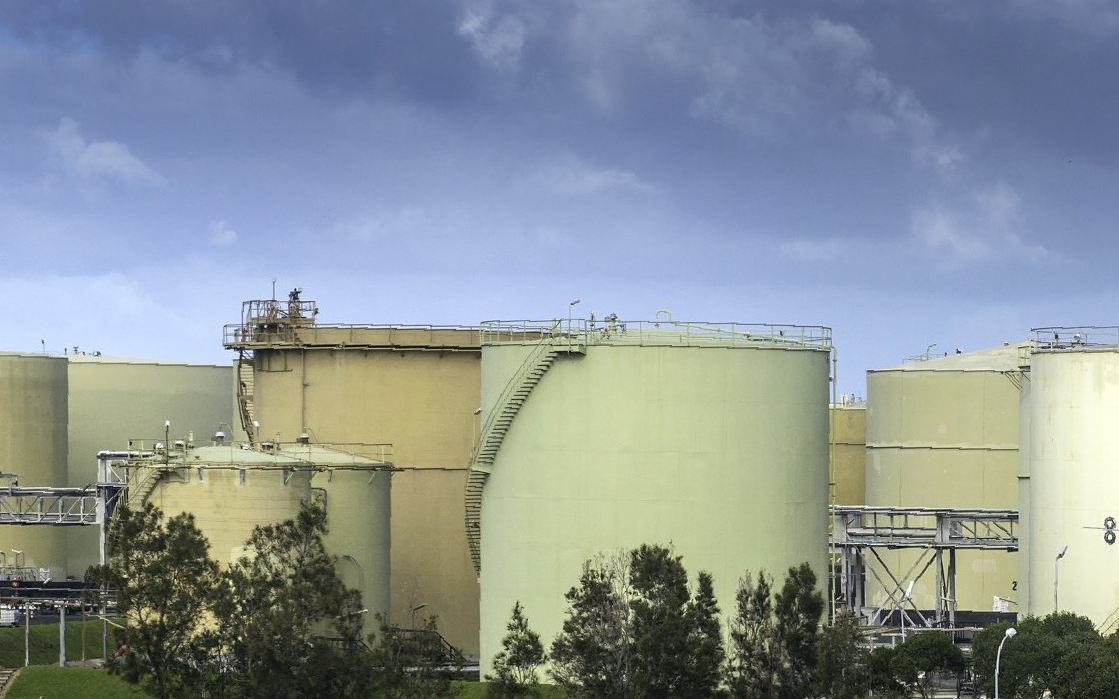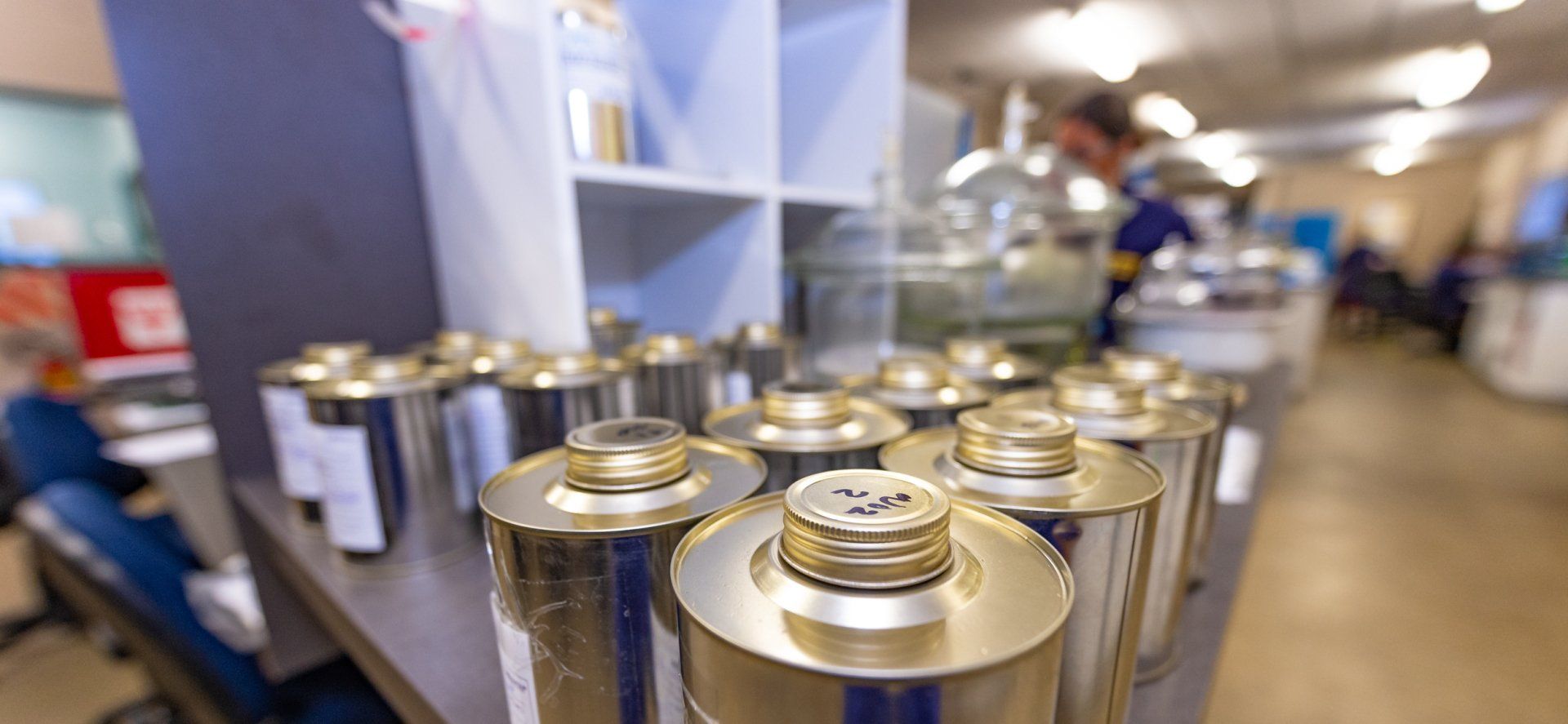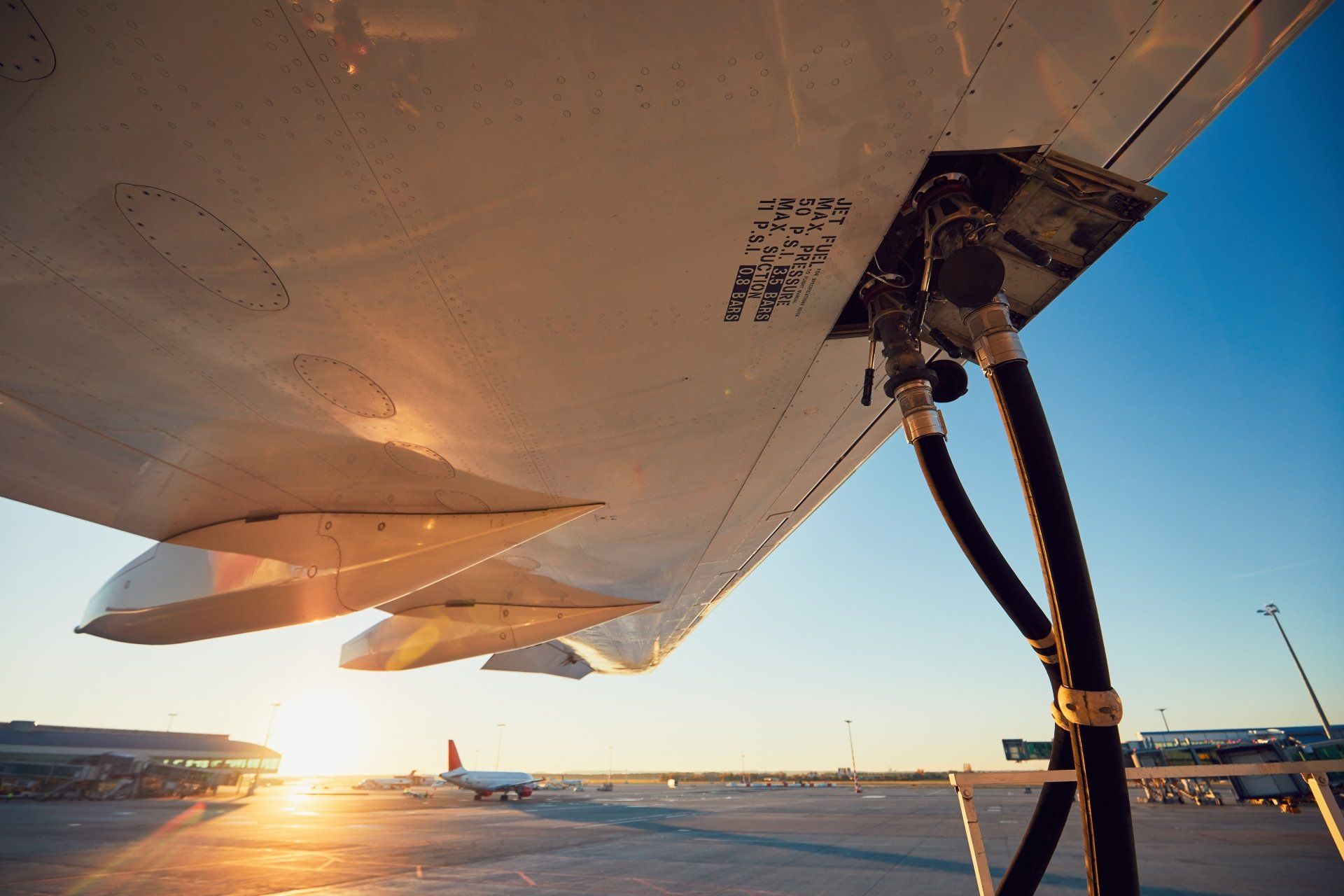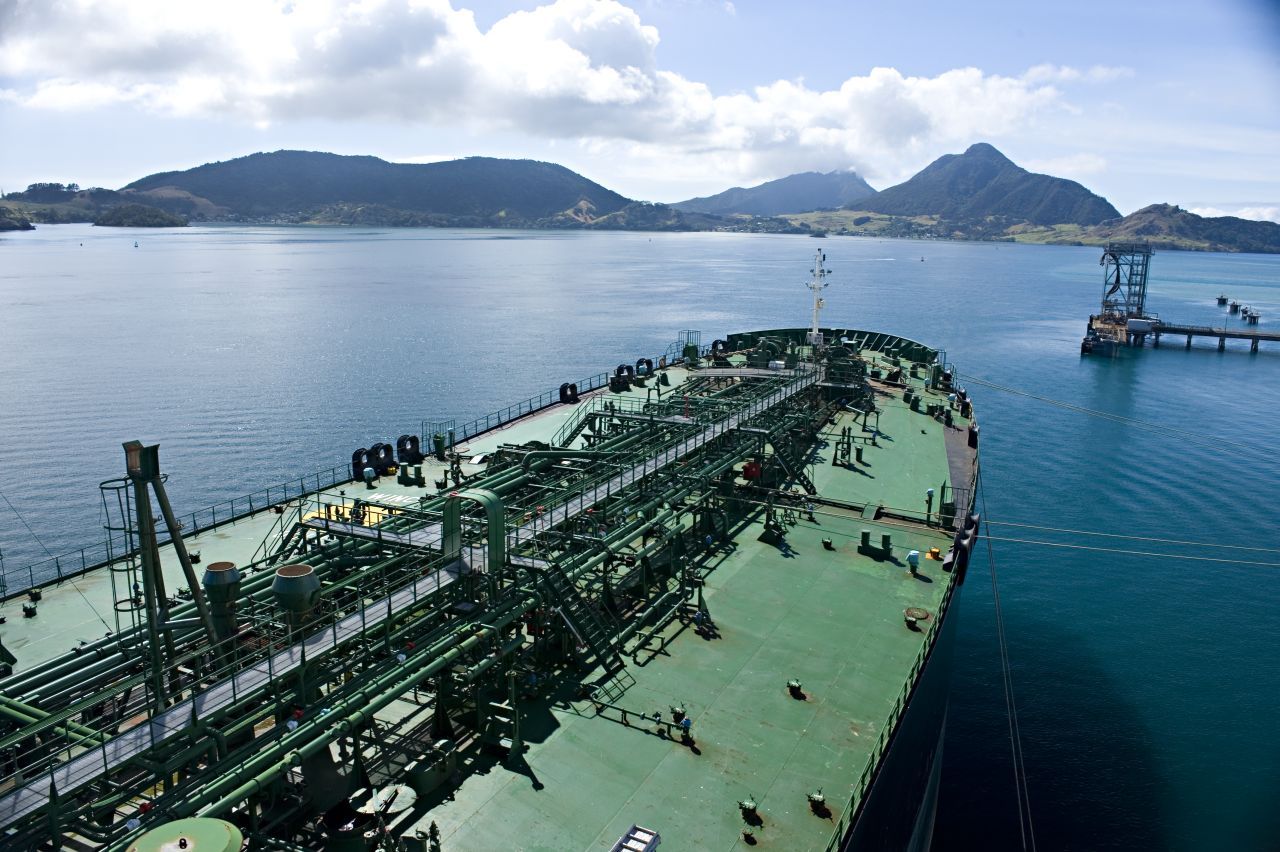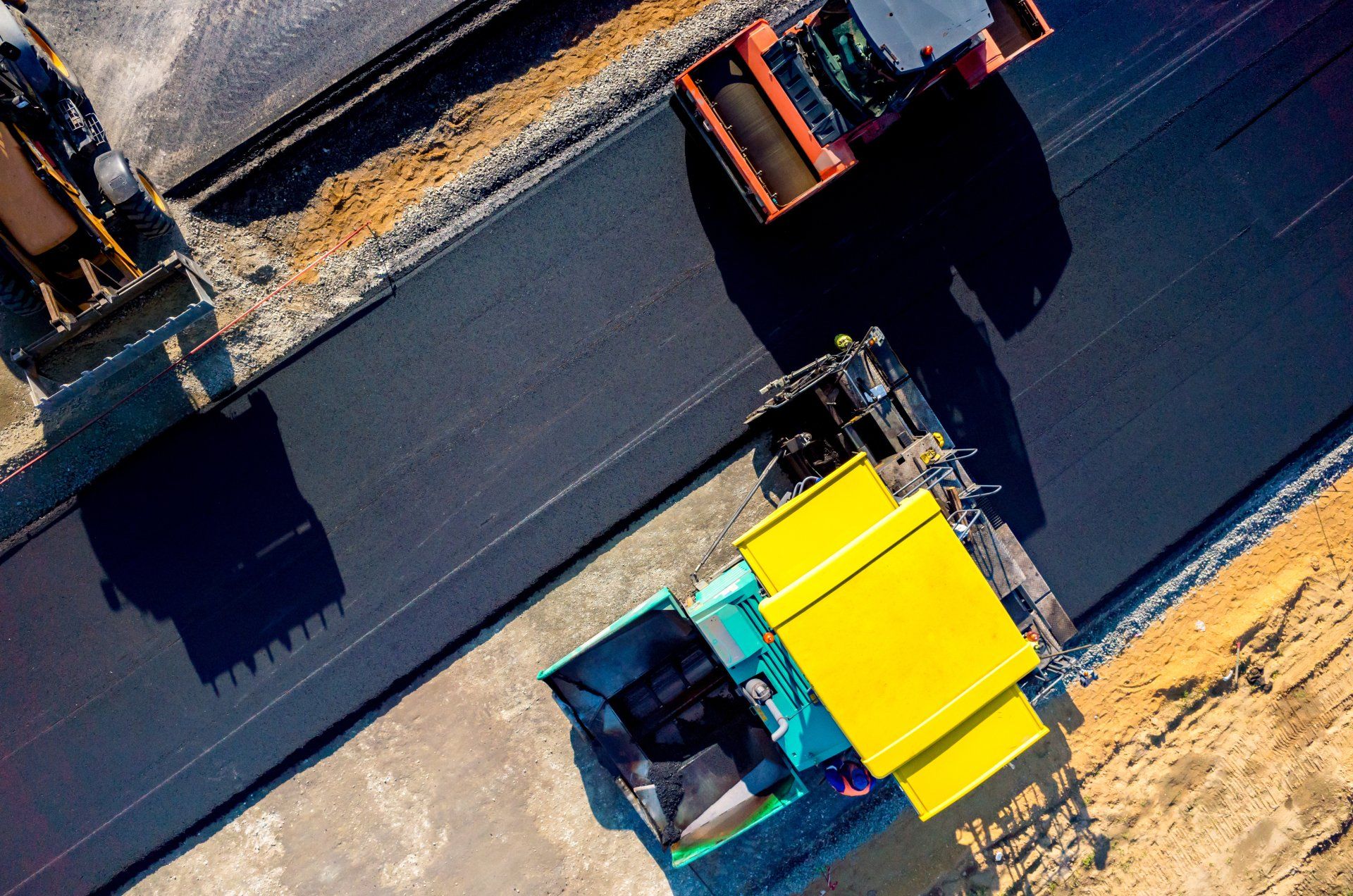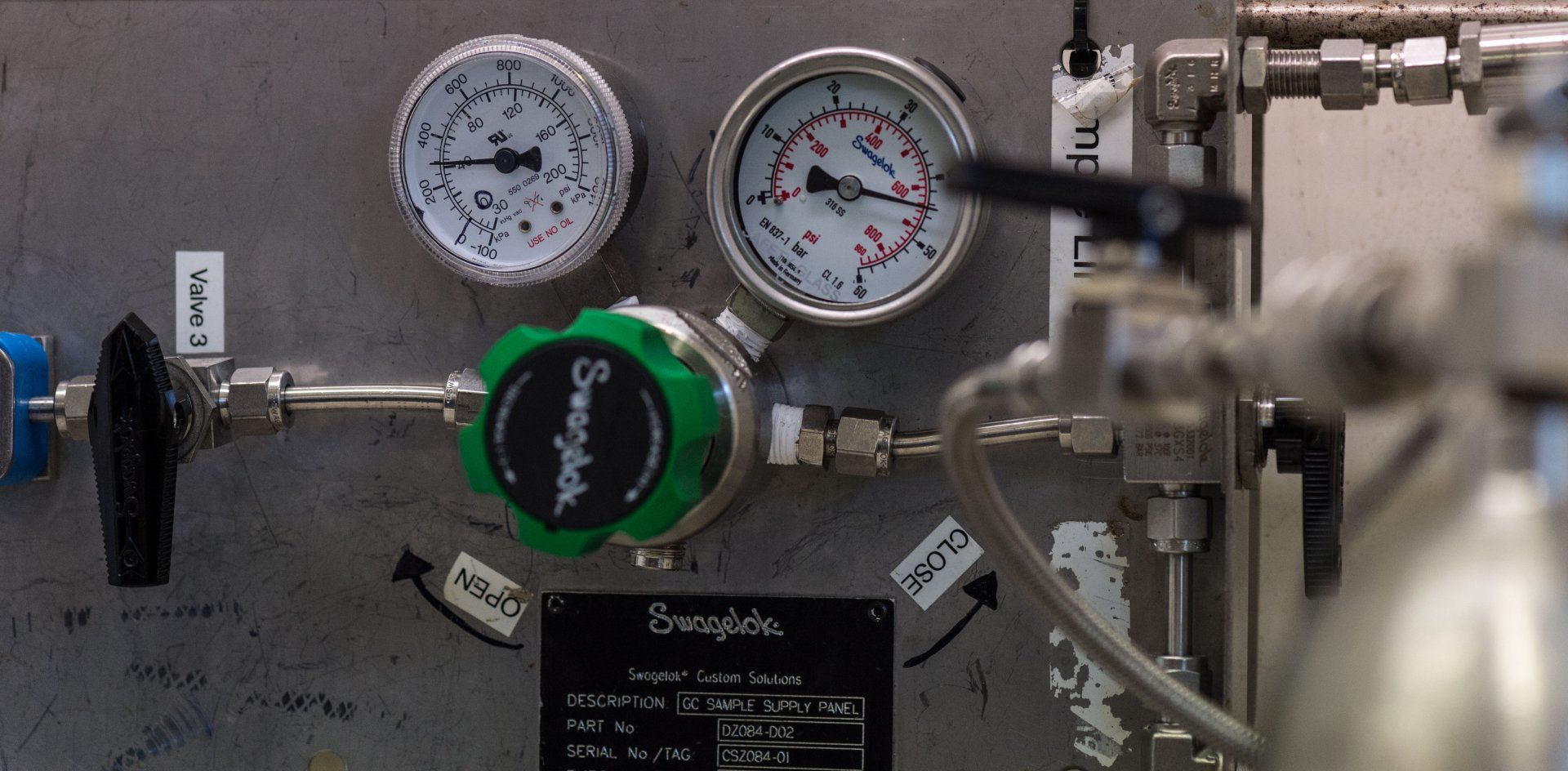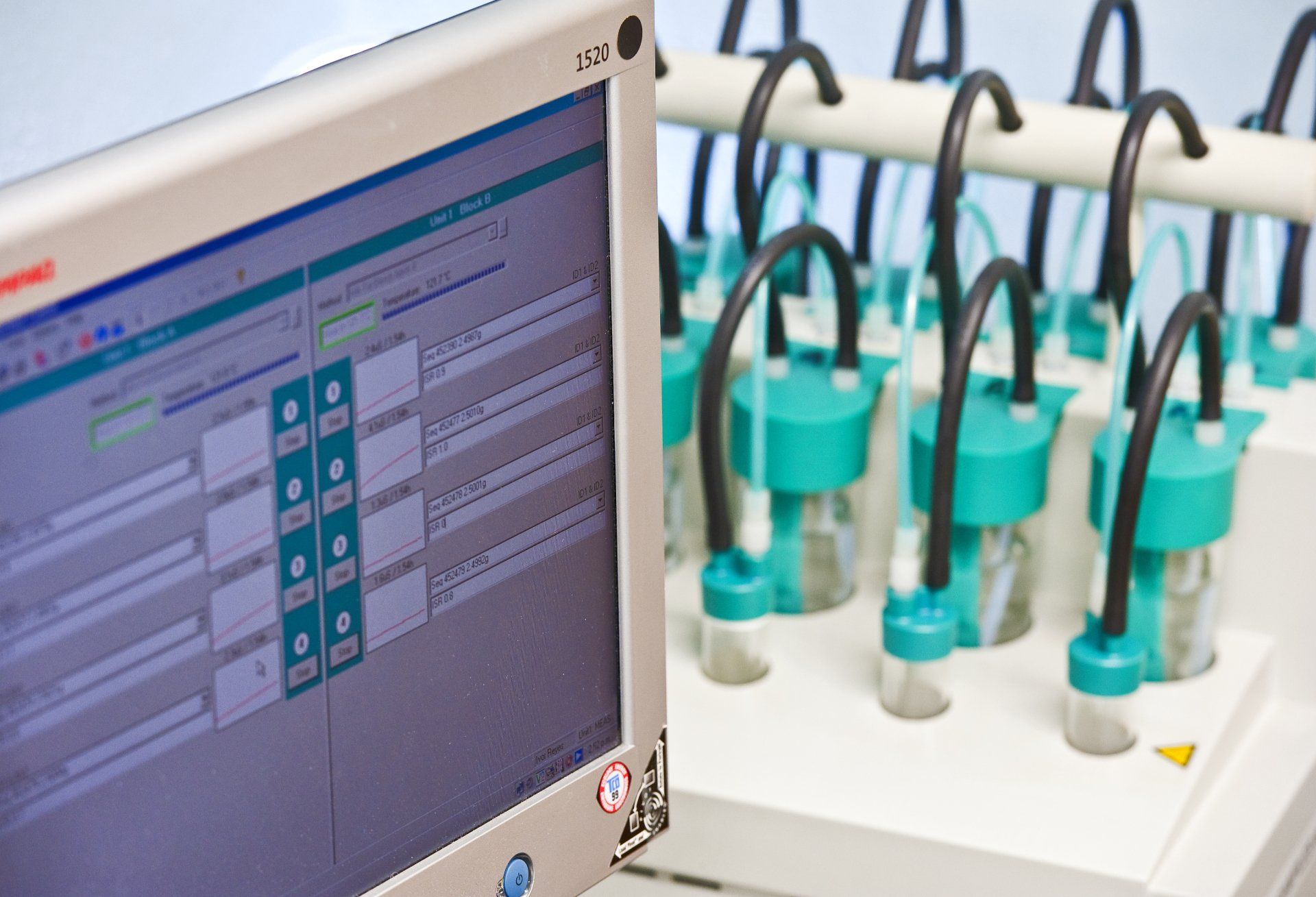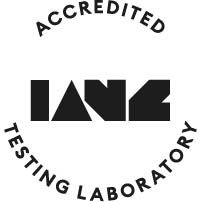Petrol/Gasoline
Petrol/Gasoline
We provide a complete range of petrol/gasoline (including biofuel) testing for refiners, traders, distributors, terminal storage facilities and gas stations following internationally recognised testing standards.
Testing is an important step to help manage risks and ensure of the quality of your product at its different stages. We are constantly investing in new equipment which helps provide quick turn-around times. Our experienced staff take part in on-going training programmes and we participate in international proficiency round robins to ensure that the data we provide is accurate.
Testing includes:
- Appearance visual
- BTEX by GC
- CFPP
- Cloud point
- Copper Strip Corrosion
- Density
- Determination of Oxygenates in Gasoline by GC
- Distillation
- Flexible Volatility Index
- Low Level of Lead by Colorimetric Method
- RON
- MON
- Metals
- Oxidation Stability of Gasoline
- Phosphorus
- Silver strip_Corrosion
- Sulphur
- Trace Level Detection of Silicon, Iron & Manganese by ICP
- Vapour Pressure
- Water
